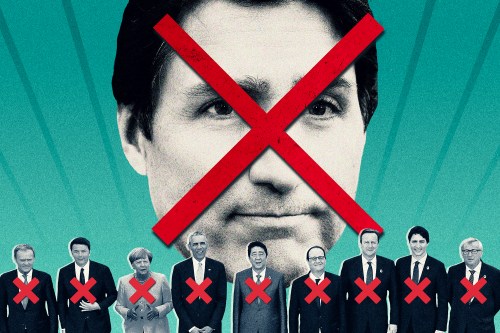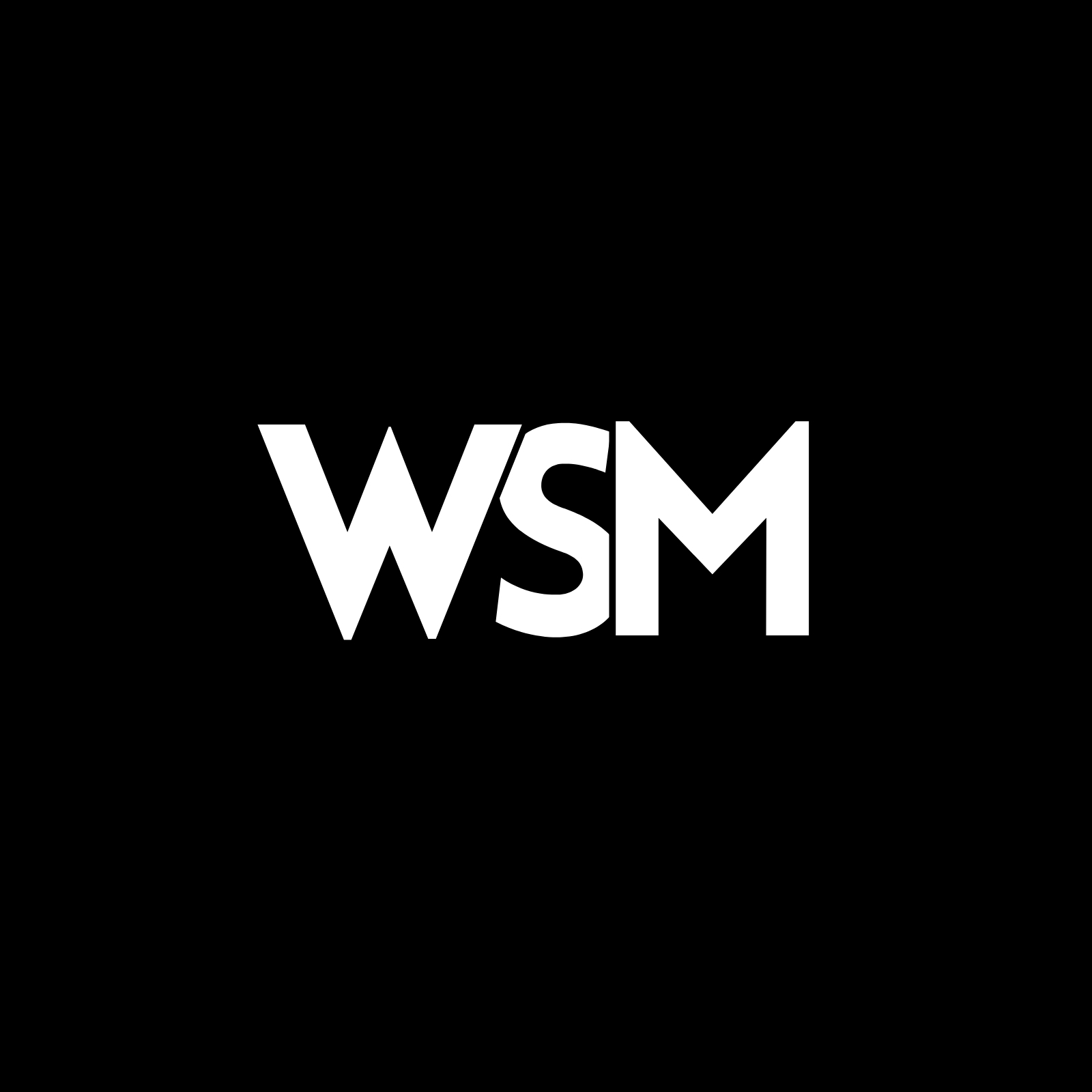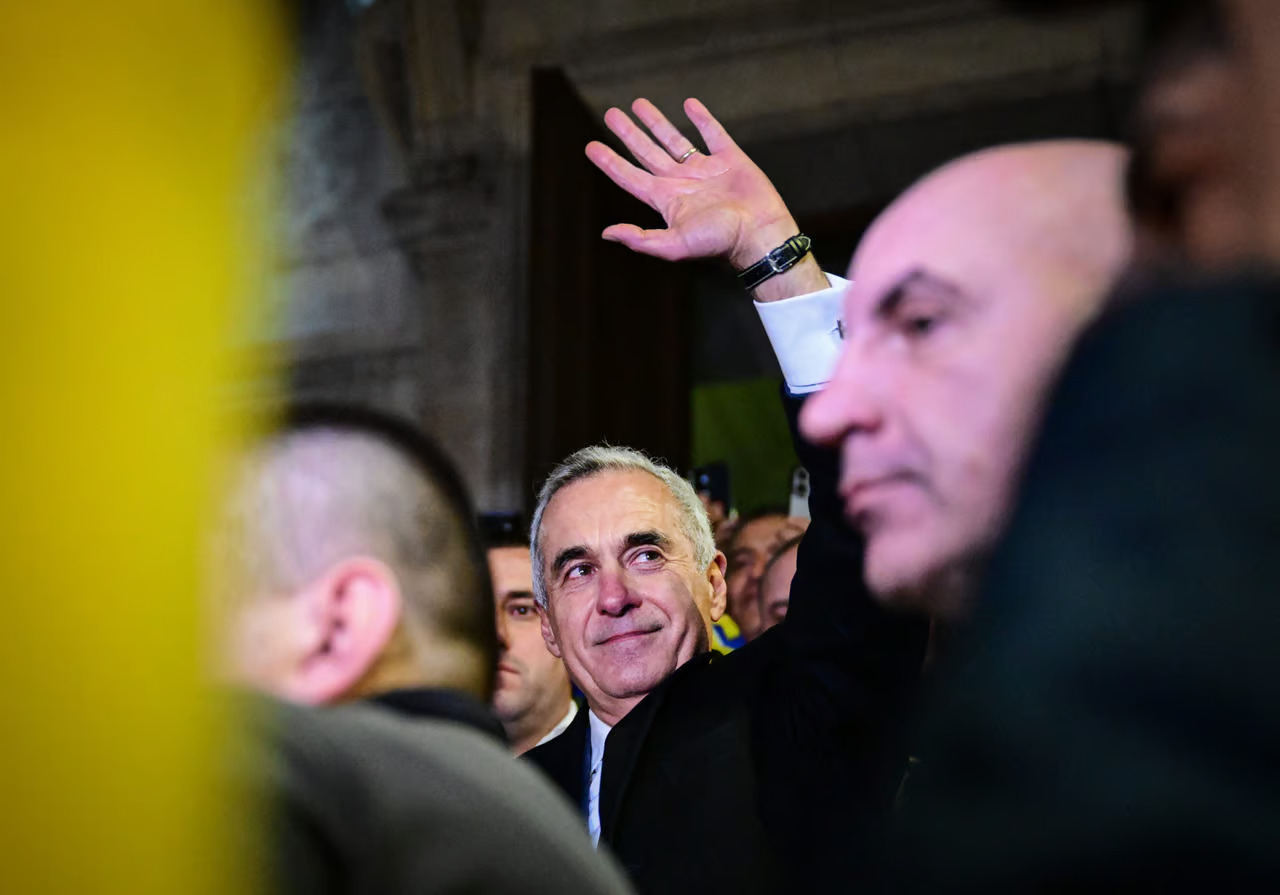The global liberal order, which has long championed open markets, democratic governance, and international cooperation, is experiencing unprecedented challenges. Political shifts worldwide are signaling a departure from these ideals, with nationalism and protectionism gaining momentum. Key events like Brexit, Donald Trump’s re-election, and the resignation of Canada's Justin Trudeau illustrate the pressures mounting against the once-dominant liberal framework.
Brexit, a landmark decision by the United Kingdom to leave the European Union, epitomizes the growing distrust in multilateral institutions. Promising to “take back control,” the Brexit campaign capitalized on fears of economic dependency and cultural erosion. Its success signaled the waning appeal of supranational entities and emboldened similar movements across Europe.
Across the Atlantic, Donald Trump’s re-election as U.S. President marked another significant blow to liberal ideals. Trump’s "America First" doctrine rejected globalist policies in favor of isolationism and economic protectionism. By withdrawing from international agreements and imposing trade tariffs, his administration underscored a shift away from the cooperative principles that defined post-World War II geopolitics.
In Canada, the resignation of Prime Minister Justin Trudeau sent shockwaves through liberal circles. Once hailed as a global progressive icon, Trudeau’s departure reflected the mounting difficulties faced by leaders who champion open borders and inclusive policies. Canada, known for its liberal immigration stance and environmental initiatives, now faces an uncertain political future, as nationalist voices grow louder.
These events are part of a broader trend questioning the viability of the liberal order. The rise of right-wing populism, economic protectionism, and skepticism toward globalization highlight a world grappling with shifting priorities. While proponents of liberalism emphasize its role in fostering peace and economic growth, critics argue that it has failed to address inequalities and cultural anxieties, fueling discontent among the masses.
The decline of the liberal world order carries profound implications. International institutions may face diminished relevance, trade relations could fragment, and global cooperation on critical issues like climate change may weaken. At the same time, the resurgence of nationalism and protectionism raises concerns about potential conflicts and economic instability.
The future of the liberal order remains uncertain. Whether it can adapt to the evolving global landscape or give way to an era defined by fragmentation and unilateralism will depend on the actions of leaders and the will of the people. For now, the world stands at a crossroads, navigating the complex interplay between liberal ideals and the forces challenging them.



.jpg)


